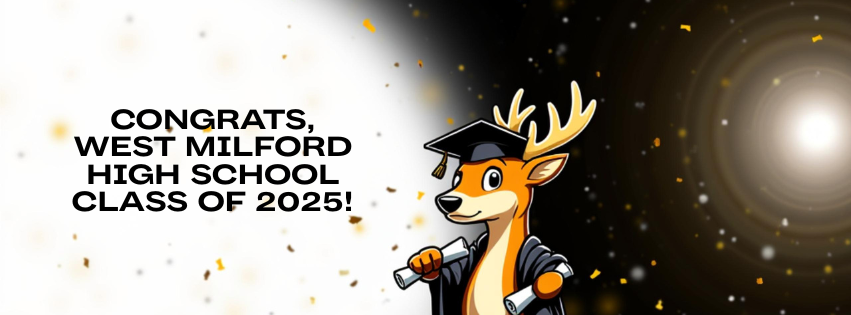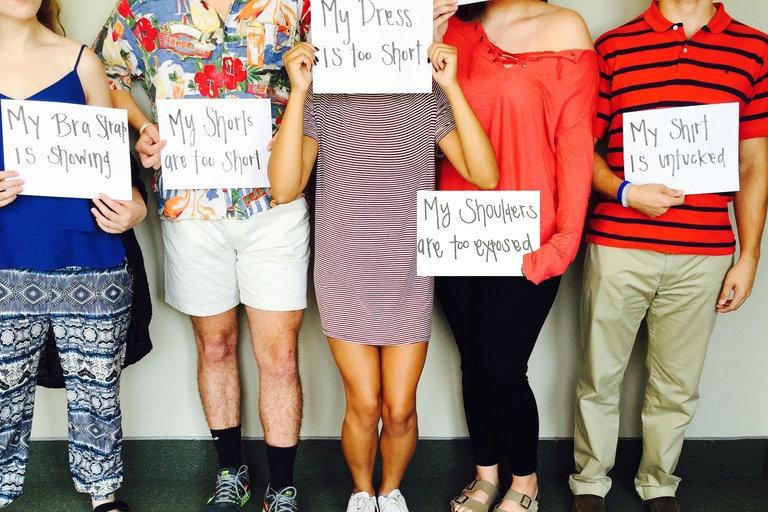Dress codes miss the mark, objectify women
I believe, that as a member of the student body, I have a responsibility to myself to fully comprehend the rules set in place for “my own benefit and safety,” yet, I have always found it hard to understand what exactly about clothing could be so dangerous.
Our own dress code consists of 12 bulleted rules found on page 22 of the standard agenda, as the school administration so painstakingly pointed out to students at the freshman orientation earlier this year, and on the morning announcements on the first day of school, and at the class assemblies, and on the regular morning announcements almost every week for the month of September, and on and on.
To be perfectly honest, I have no qualms with the idea of a dress code, especially one in an institution containing underage students. The rise in popularity of high-end makeup and sophisticated clothing in increasingly younger girls has always alarmed me– not because I believe that young girls should “cover up more” or “wear less makeup” by principle, but more because this “lipstick feminism” (which I indeed support) has been noticeably mixing with the oversexualization of young girls in the media.
The most obvious signs of oversexualization of young girls would be movie and television show producers casting actresses in their late teens and early twenties to portray adolescent girls, giving female watchers of that age a ridiculous notion of what they should look like (which is only attainable through makeup).
Even the time-old tale of older women not wanting to reveal their ages or having “anti-aging” cosmetics marketed specifically towards them could be an example, as to be an adult woman (and look it) is to be unattractive compared to their male counterparts. The glorification of women in their late teens and early twenties convinces adolescent girls that they need to look older, and the introduction of feminism to this ideology convinces them that they should also want to.
In essence, I think it is important to learn to love your natural body before using heavy makeup or dressing in an adult manner, and at the age of 10 or 11, it’s hard to fully grasp the concept of self-love, especially in a misogynistic society.
That being said, our dress code in particular may have minimal mention of makeup, but its vague nature leaves a lot up to interpretation. For example, “In general, clothing must not be too short, too tight, and/or too revealing,” the last of the bulleted list reads. What exactly is too tight? Too short? Too revealing? What sizing crosses the line between appropriate and inappropriate? The lack of clarity promotes a subjective system in which only some people will get reported on dress violations, depending on everyone’s different notions on what constitutes “inappropriate”.
Taking girls out of class because their outfits are “too distracting” instead of teaching others not to be distracted by what someone else is wearing only perpetuates the cycle of victim blaming, not only within our high school, but within our society. Teaching teenage girls from a young age that it is their job to make sure that their peers are always comfortable is absolutely ridiculous.
In an environment where almost half of the student body is preparing for college and an adult life after high school, it doesn’t make sense to monitor how they choose to dress under the pretense that it’s “for everyone’s benefit”. Dress codes that are restrictive in their design and implementation are not a benefit, but instead a hindrance to those forced to comply with them.


